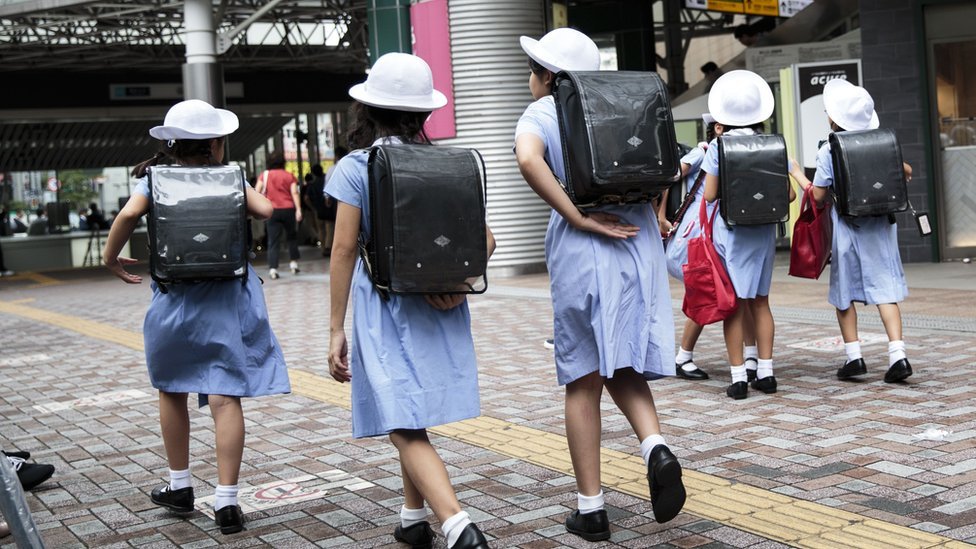Introduction
Japan Lowers Age of Adulthood
From April 1, 2022, Japan, a nation steeped in tradition and known for its deeply ingrained cultural norms, made a landmark decision to lower the legal age of adulthood from 20 to 18 years old. This significant change, enacted through a revision of the Civil Code, marked the first alteration to the legal age of adulthood in the country since it was set in 1876, over 140 years ago.
This sweeping shift comes with the beginning of the new fiscal year, school year, and employment period, traditionally a time of new beginnings and fresh starts in Japanese society. With around two million 18 and 19-year-olds instantly gaining adult status, this change ushers in a transformative phase for Japan.
What Changes with the New Age of Adulthood?
The lowering of the legal age of adulthood in Japan extends the spectrum of rights and responsibilities for 18 and 19-year-olds. The fresh adults can now independently enter into contracts, including but not limited to employment contracts, apartment leases, and even mobile phone contracts or credit card applications. Previously, such agreements would have required parental consent.
Furthermore, these new adults are now eligible for jury duty, can apply for a 10-year passport under their own name, and are even allowed to sit for state-level qualifications, like those required for medical doctors or accountants. In terms of personal relationships, the legal age for marriage has also been lowered, with 18 and 19-year-olds now able to tie the knot without the need for parental approval.
Areas of Accountability: The Double-edged Sword
With greater freedom, however, comes greater responsibility. While the lowering of the legal age of adulthood opens new doors for 18 and 19-year-olds, it also introduces newfound liabilities. For example, in the eyes of the law, these newly minted adults will be held more accountable for their actions. Should they commit a crime, the penalties will be more severe, following adult protocols rather than the more lenient juvenile regulations.
Furthermore, media outlets can now freely print the names and faces of individuals who have reached the age of 18. Thus, public scrutiny of their actions intensifies, further emphasizing the seriousness of their newfound adult status.
Legal Drinking Age and Other Exclusions
Despite these significant changes, some restrictions remain in place for 18 and 19-year-olds. For a detailed look into the legal drinking age, this source provides valuable insights. The legal drinking age, along with the age for buying tobacco and participating in activities like gambling or horse racing, still stands firm at 20 years old in Japan. Even as adults, 18 and 19-year-olds are not yet permitted to engage in these activities.
Additionally, the newly recognized adults cannot enter the national pension system until they reach 20. Thus, while the lowering of the legal adult age extends many rights to 18 and 19-year-olds, some exclusions continue to apply, maintaining a layer of protection.
Conclusion: The Implications and Future of Japan’s Legal Age
The change in Japan’s legal age reflects the government’s desire to empower young people to assume a more active role in society. However, concerns exist about the potential for increased vulnerability to scams and bad contracts among these inexperienced new adults.
While the legal shift undoubtedly brings about new possibilities and challenges, it’s clear that Japan is keen on charting a path towards a future where young people are more involved in shaping the societal fabric. As the country navigates


